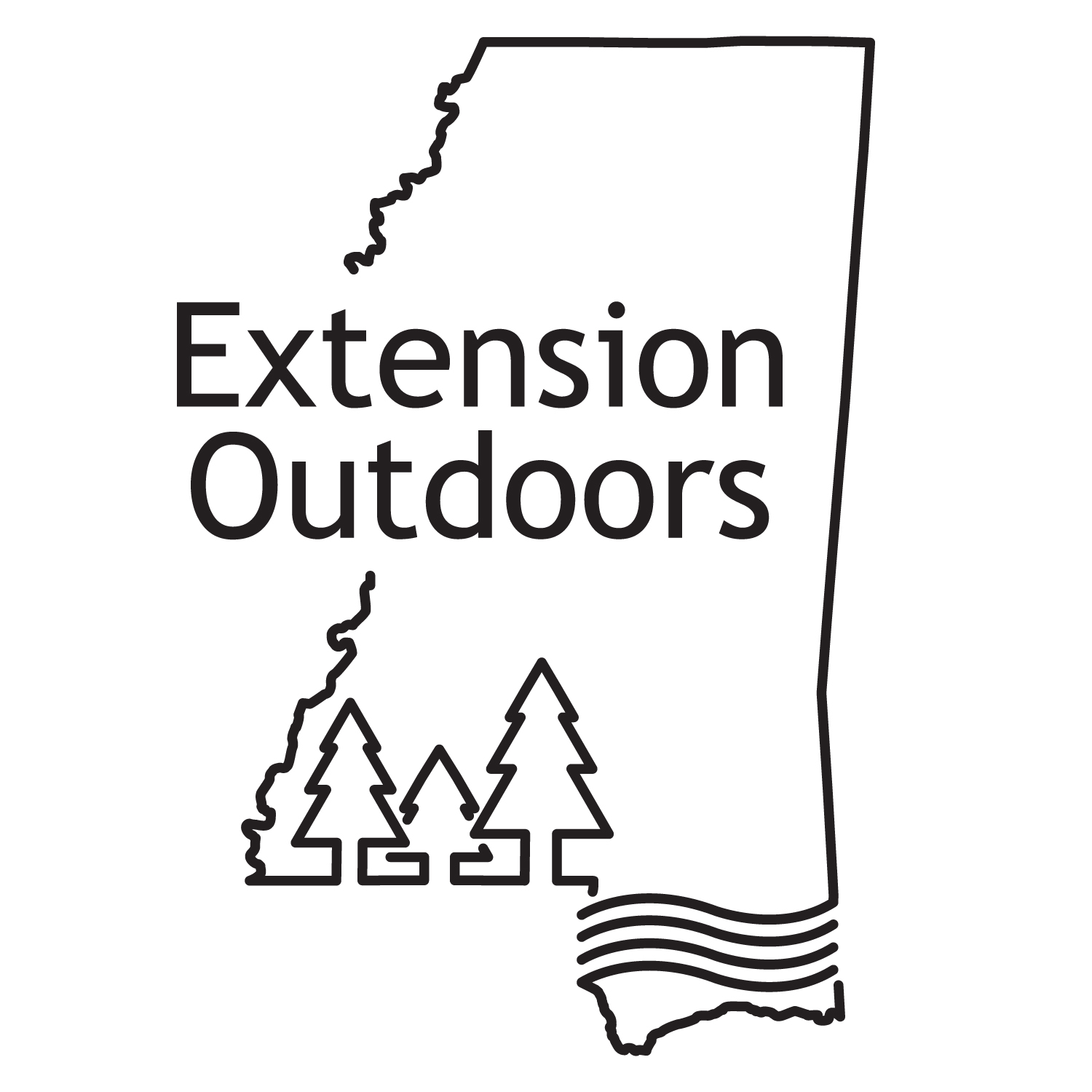Information Possibly Outdated
The information presented on this page was originally released on August 21, 2015. It may not be outdated, but please search our site for more current information. If you plan to quote or reference this information in a publication, please check with the Extension specialist or author before proceeding.
Type of guest determines landowner’s liability
STARKVILLE, Miss. -- When having guests on your property for outdoor recreation, there are several ways a landowner can reduce potential liability concerns that could arise.
First, the level of duty a landowner owes a visitor depends on the status of the person who is on your property. A landowner owes no duty to a trespasser other than not to intentionally harm the trespasser.
If you are experiencing a recurring problem with someone who knowingly trespasses, take a photograph of his or her vehicle license plate and notify the local sheriff’s department for assistance in the matter.
I also recommend consulting your attorney about drafting a letter to a known trespasser. Notify the person in writing that they should not be on your property and that you intend to pursue legal action if he or she continues to enter your land. In most cases, this action should help eliminate problems with land trespass.
In Mississippi, there is no legal requirement to post your property, but it frequently makes practical sense to post your land to notify others of your property boundaries. Posting can alleviate problems with individuals who wander onto your property unintentionally.
Likewise, a landowner owes no special duty of care to visitors who have received permission to be on the property if the landowner is not receiving compensation or some other benefit in return. In this case, it is wise to warn visitors of any known hazards on the property. For example, if a landowner gives permission for a neighbor to go fishing, it might be prudent to warn the visitor about Ferdinand the Bull in the back pasture behind the pond.
However, if you charge for access to your property, such as in a hunting lease arrangement or agritourism venue, your guest is now elevated to the level of a business invitee and entitled to a higher duty of care. In such cases, a landowner is required to make the property where the recreation is occurring “reasonably” safe to paying guests on the property -- not “perfectly” safe. You must do what a prudent person would do to make the property safe.
A landowner should remove all known hazards, if possible, to ensure safety of guests. Also, the landowner should warn guests about hazards on the property that might be unknown to them. For example, either remove or repair rickety bridges and add guardrails to prevent guests from accidently falling in the creek. Likewise, if Ferdinand the Bull is a permanent resident, make sure paying guests know about him and advise them to stay out of his pasture.
Landowners should document in writing the removal of hazards and safety considerations on the property. As a condition of being allowed to access your property, require paying guests or lessees to sign a written notification that they have read and understand these land safety issues and responsibilities.
When leasing property for recreation, these safety considerations should be included in a well-written lease. This document should also clearly describe the intended recreational activities allowed on the property, provide a legal description of the property involved, outline payment terms, list specified time periods for land access, and detail other conditions of the lease.
In 2012 the Mississippi Legislature passed the Agritourism Limited Liability Law, which provides limited liability protection to landowners engaged in agritourism or farm tourism activities if they make sensible efforts to make their property safe and warn visitors of known hazards. For more information on this law, visit the website of the Mississippi Department of Agriculture and Commerce at https://www.mdac.ms.gov/agency-info/programs/mississippi-agritourism/.
In summary, many problems can be eliminated if landowners make safety a priority for guests on their property. By making your property as safe as you reasonably can on an ongoing basis, documenting the safety measures you took and requiring guests to make safety first in their recreational activities, you can minimize many potential liability issues with having paying guests on your property.
If you are interested in diversifying income on your property through outdoor recreation, don’t let liability concerns preclude you from considering these ventures. There are practical ways to address liability concerns and allow you to pursue these business opportunities.
For more information, please visit our website at www.naturalresources.msstate.edu. Our Natural Resource Enterprises landowner workshops, which are listed on the website, also provide valuable information.
 Editor’s Note: Extension Outdoors is a column authored by several different experts in the Mississippi State University Extension Service.
Editor’s Note: Extension Outdoors is a column authored by several different experts in the Mississippi State University Extension Service.

Editor’s Note: Extension Outdoors is a column authored by several different experts in the Mississippi State University Extension Service.






